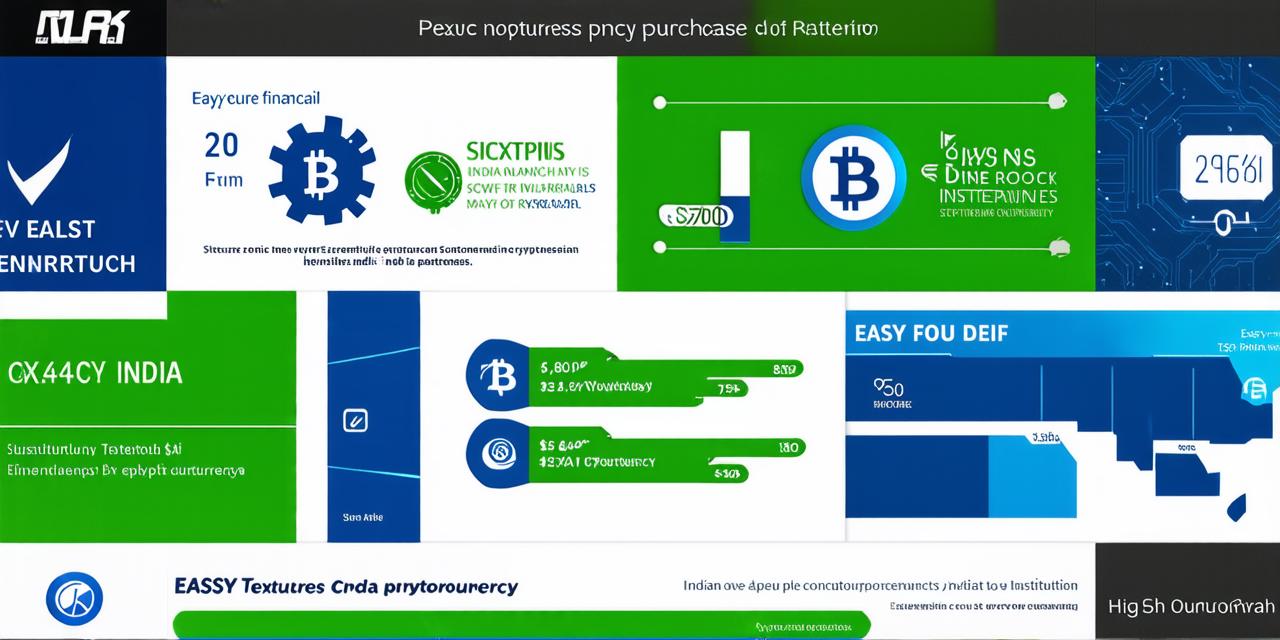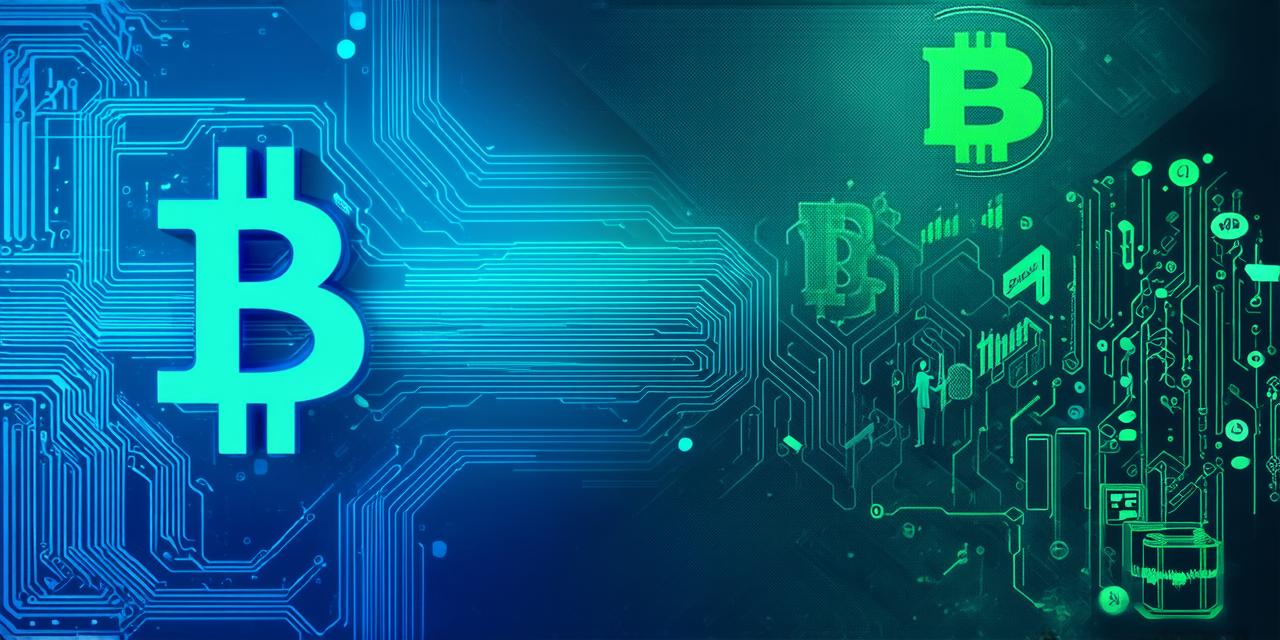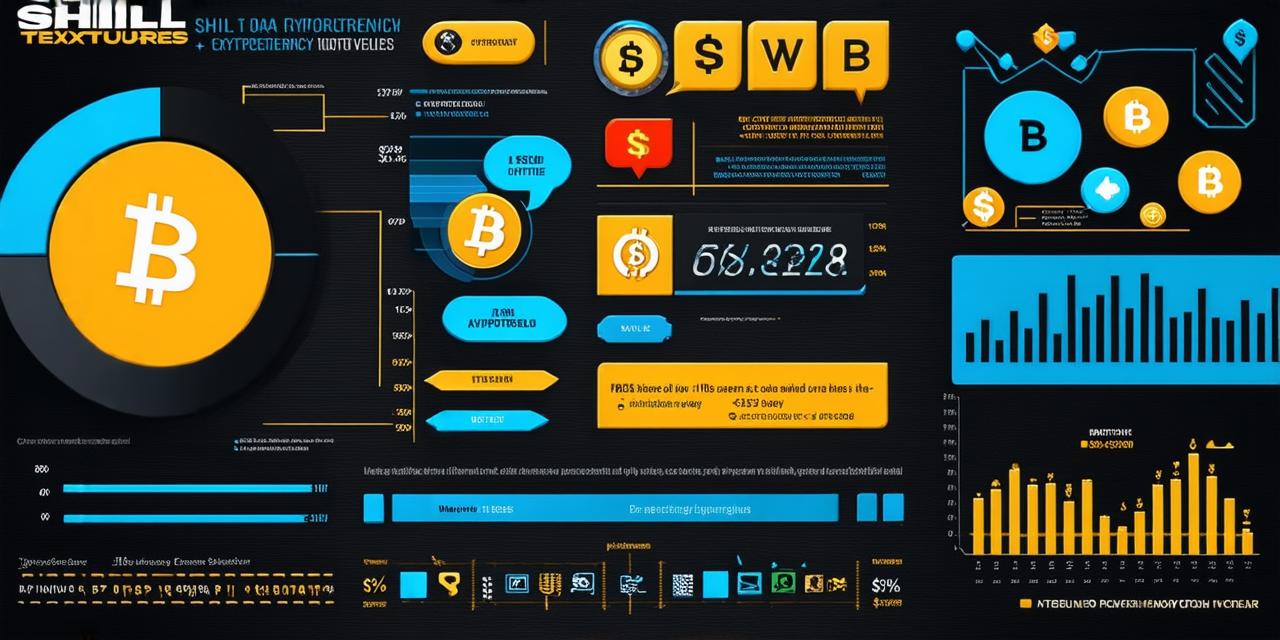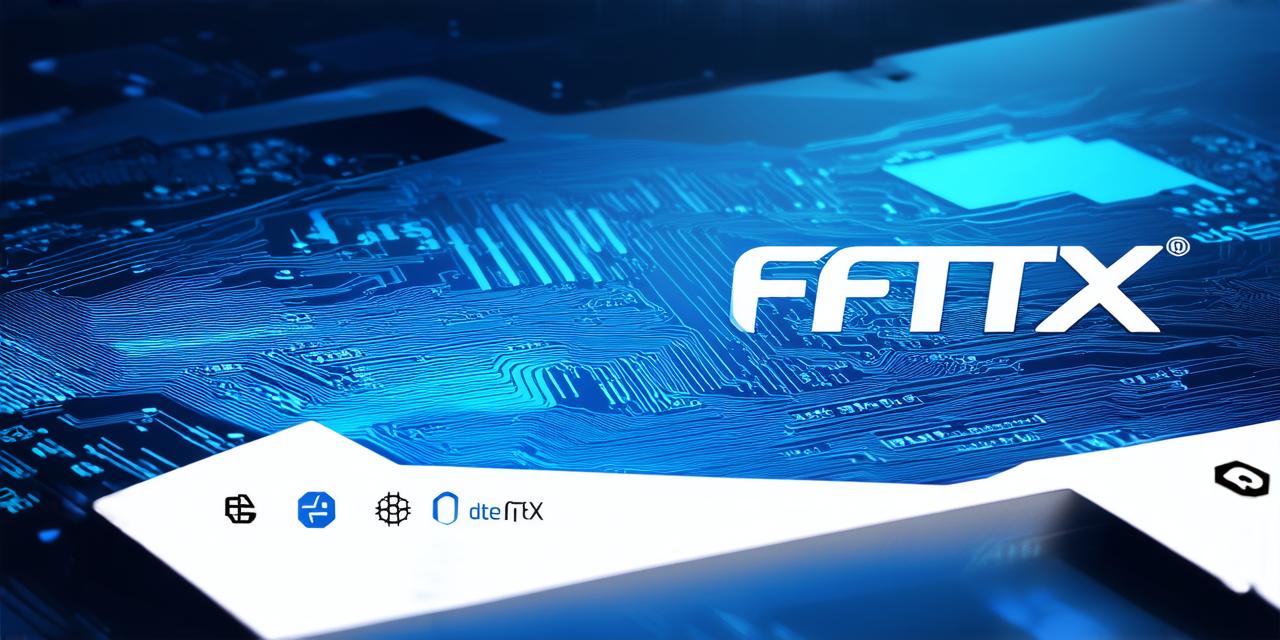Introduction
India has emerged as a major player in the cryptocurrency market, attracting investors and traders from around the world. With its rapidly growing economy and large population, India is an ideal destination for businesses looking to expand their reach into new markets. In this article, we will provide a comprehensive guide on how to purchase cryptocurrency in India, including the legal and regulatory framework, the different platforms available, and the risks involved.

Legal and Regulatory Framework
Before diving into the technical aspects of purchasing cryptocurrency in India, it is important to understand the legal and regulatory framework that governs the market. The Indian government has taken a cautious approach towards cryptocurrency, classifying it as an intangible asset under the Prevention of Insider Trading Act, 1992. This means that any transaction involving cryptocurrency must comply with the regulations set by the Securities and Exchange Board of India (SEBI), which is the country’s regulatory body for securities.
One of the key regulations governing the purchase of cryptocurrency in India is the Know Your Customer (KYC) requirement. This means that all users must provide personal identification documents, such as a passport or driving license, and undergo a background check before they can purchase cryptocurrency. This is designed to prevent money laundering and terrorism financing activities.
Another important regulation is the prohibition on the use of cryptocurrency for illegal activities, such as drug trafficking, arms smuggling, and tax evasion. Users must ensure that their transactions are legal and comply with all applicable laws and regulations.
Platforms for Purchasing Cryptocurrency in India
There are several platforms available for purchasing cryptocurrency in India. These include exchanges, wallets, and peer-to-peer (P2P) marketplaces. Each platform has its own strengths and weaknesses, and users should carefully consider their options before making a purchase.
Exchanges
Exchanges
are online platforms that facilitate the buying and selling of cryptocurrencies. These exchanges operate as intermediaries between buyers and sellers, allowing them to trade cryptocurrencies at a set price. Some popular exchanges operating in India include:
* Binance
* WazirX
* Bitfinex
* Coinbase
* Kraken
Wallets
Wallets
are digital storage devices that allow users to store and manage their cryptocurrencies securely. There are two types of wallets: hot wallets and cold wallets. Hot wallets are online wallets that can be accessed from any device with an internet connection, while cold wallets are offline wallets that require a physical device to access.
Some popular wallets operating in India include:
* MyEtherWallet
* MetaMask
* Trust Wallet
* Jaxx
* Coinbase Wallet
Users should choose a wallet that is compatible with the cryptocurrency they wish to purchase and store, as well as one that offers good security features.
P2P Marketplaces
P2P marketplaces are online platforms that connect buyers and sellers directly, allowing them to trade cryptocurrencies without the need for an intermediary. These marketplaces typically operate on a decentralized network, which means they are not regulated by any central authority. Some popular P2P marketplaces operating in India include:
* LocalBitcoins
* Paxful
* Remitano
* Livepeer
P2P marketplaces offer users more privacy and control over their transactions, as well as the ability to trade at a more competitive price. However, they also carry a higher risk of fraud and scams, as there is no regulatory oversight.
Risks Involved in Purchasing Cryptocurrency in India
Cryptocurrencies are known for their high volatility, with prices fluctuating wildly on a daily basis.



